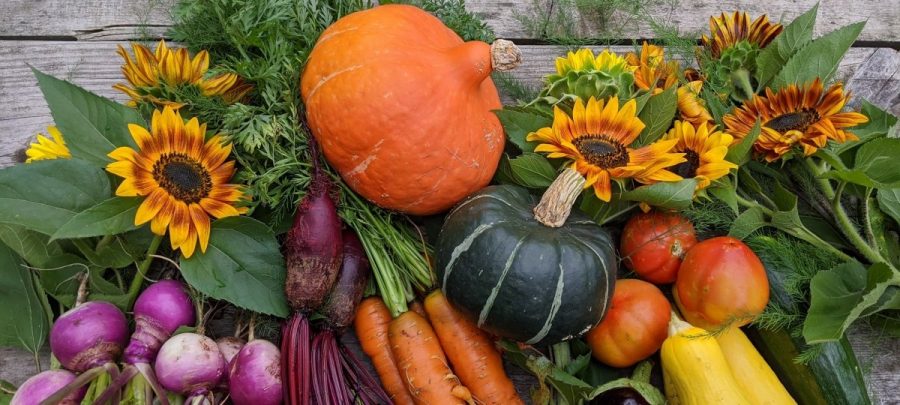Professor Emeritus Barry D. Solomon (SS) and Shan Zhou (SS) published the article “Renewable Portfolio Standards: Do Voluntary Goals vs. Mandatory Standards Make a Difference?” In Review of Policy Research.
This paper investigates whether an obligation to meet a Renewable Portfolio Standard (RPS) target in U.S. states affects the policy effectiveness. A voluntary RPS target can serve as a political device for signaling a commitment to certain goals, though there is no penalty if the goal is not met.
Alternatively, mandatory RPS targets have varying stringency and uneven enforcement. Our results indicate that the compulsoriness of a state RPS is an insignificant determinant of RPS‐related renewable electricity capacity additions. Factors other than compulsoriness are more important in influencing renewable electricity development, such as state political ideology, income, electricity price and electric market deregulation status.
